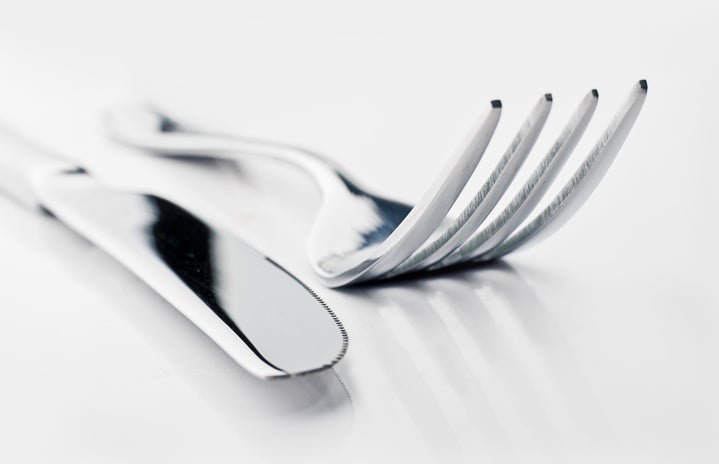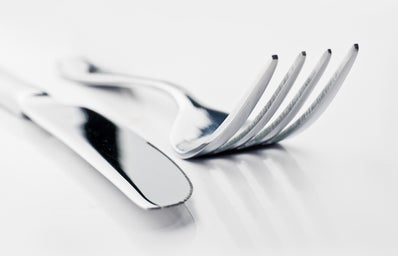“This NEDAwareness Week, we invite Every Body to Have a Seat at the Table.” The National Eating Disorders Association marks February 22-28 as Eating Disorder Awareness Week, and their goal is to not only spread knowledge to the public but also spread hope to those in need. I have multiple personal experiences with eating disorders, so I wanted to share some basic information on the warning signs that you should be aware of in your friends and family.
There are some behaviors that are not as problematic as many of the symptoms we are usually warned about, so often, eating disorders can be hard to recognize. Several of these signs can begin as a healthy practice, such as cutting out sugar or starting a rigid exercise routine, but it’s important to note when habits become obsessions. That is when eating disorders are formed, and those with an ED need the help of loved ones to recognize the risks and recover properly.
Some obvious physical symptoms that you can notice almost immediately are changes in complexion, such as a yellow tint to the skin, fluctuations in weight, and dry, brittle hair and nails. If someone you know starts skipping and/or avoiding meals and withdrawing from friends, it’s a good time to check up on them.

Another common sign of any type of eating disorder is the development of food rituals, such as rearranging food on their plate, micro-biting (nibbling at food even if it is already bite-sized), eating things in a certain order, or even hoarding food in odd locations, such as under a bed or in a dresser.
There is an extensive list of signs and symptoms for each eating disorder on nationaleatingdisorders.org that you should definitely glance over, but not all illnesses affect people the same. In women, however, bulimia and anorexia will cause amenorrhea, or the arrest of the menstrual cycle. Eating disorders cause chemical imbalances, and as soon as someone with an eating disorder misses multiple periods, it means that the brain is diverting hormones and energy to parts of the body that necessitate survival.




